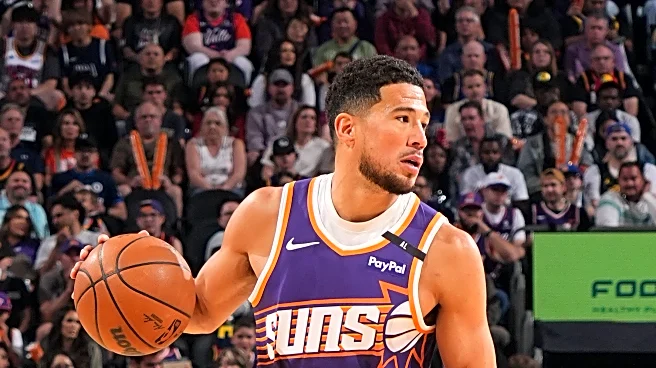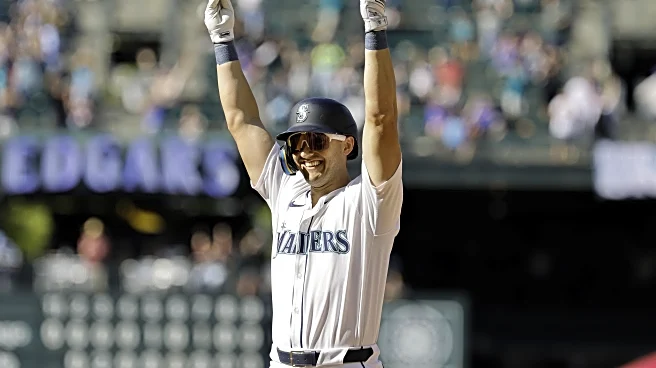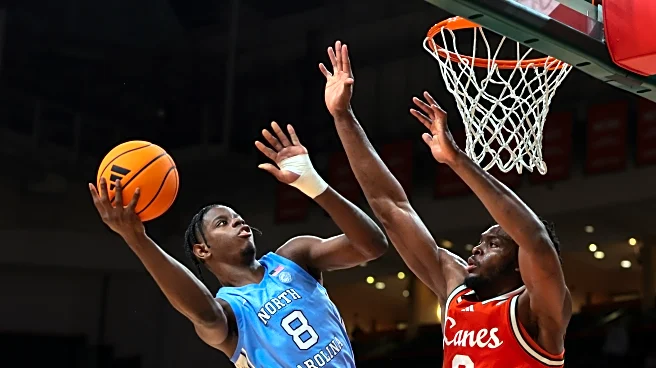We’re continuing our Bright Side series by exploring what success looks like for each Suns player in 2025–26.
We’ve been spending our days dissecting what success looks like for every name on the Phoenix Suns roster. But no player holds the keys to the franchise’s fate more than Devin Booker. Defining success for him isn’t just an exercise, it’s a prerequisite to understanding what this season can actually become.
It’s a cruel place to be, really. To have a star in his prime, one of the purest scorers
of his generation, and then surround him with a roster that doesn’t accentuate his strengths or elevate his ceiling. That’s where the Suns are after two years of reckless swings.
They went big, acquiring Kevin Durant, arguably the most efficient scorer the game has ever seen. And then, rather than building balance around that foundation, they layered on Bradley Beal. A gifted player, yes, but a duplicative one. A move that forced the Suns into an ill-fitting brand of “positionless” basketball, the kind that looked intriguing in theory but collapsed under the weight of its own redundancy in practice.
Two shooting guards trying to share the same oxygen. Booker adapting, contorting, carrying more than he should. The result? A system that never truly empowered him, one that left him in purgatory between greatness and futility. Gone are Durant and Beal. Enter Jalen Green. Here we are, on the cusp of a new season, staring at the same equation written across the chalkboard. The same unsolved problem.
When you zoom out and look at the Suns as an organization, you see a franchise trying to course-correct without truly putting Devin Booker in a position to succeed. You can tell me all day long that Jalen Green is going to be the point guard. Fine. But is that a good move? Is it a smart move? More importantly, is it a winning move? No. And I’ll believe that until I see otherwise.
I expect we’ll see more of Booker as the primary ball handler next season than what’s being advertised, simply because he’s proven he can do it. And do it well. Last year in crunch time, he posted a 4.0 assist-to-turnover ratio and a team-high 30.8 percent assist rate. Those are elite numbers under pressure.
But here’s the mental block I can’t shake: that’s not the best version of Devin Booker.
We’ve seen him at small forward a year ago. We saw him take on the full-time point guard role two years ago. Both versions fell short. The truth is, Devin Booker is one of the best pure scorers in the game, and the most effective way to maximize him is simple: play him where he belongs, at shooting guard.
The Suns haven’t done that. They’ve bent him, stretched him, and reshaped him to patch their roster flaws, instead of constructing a roster that amplifies what he already is. That failure isn’t on him. It’s on them.
So when we talk about defining success for Devin Booker next season, it comes down to this: excelling in whatever role is handed to him. Whether that’s as the primary scorer, the de facto point guard, or some hybrid of the two, success means playing that role with precision.
And at the core of that is decision-making.

That’s where Booker’s success on the court begins. No more inviting double teams only to get swallowed by them and forced into bad shots or rushed passes. He has to master the balance. When to throttle up and take over as the alpha scorer, and when to throttle down and lean into his playmaking instincts. With a decade of NBA experience, he’s already shown he can make the right reads. The challenge now is doing it constantly, consistently, relentlessly.
That’s the first marker of success for Booker in 2025: evolving into a smarter, sharper decision-maker every single night.
When we define success for Devin Booker next season, perhaps the most important marker is this: he must fully embrace becoming the leader of this team. Strip away the stats, the highlights, the scoring outbursts. His legacy this year will be measured in how much he elevates the people around him, both on and off the court.
Leadership takes different forms. Not every captain is a chest-thumper or a sideline screamer. History is filled with quiet giants. Tim Duncan. Hakeem Olajuwon. Steve Nash. Men who didn’t need a megaphone to command respect. Devin Booker isn’t going to be a “rah-rah” guy. That’s not who he is. And that’s fine.
But what he must be is undeniable.
He has to hold teammates accountable with his actions and his words. He has to lean into the fact that this is his team, his era, his responsibility. That is what leadership looks like. And for the Suns, it’s the single most important factor heading into the season, outside of Jordan Ott installing his system and re-establishing a culture. Because make no mistake, the last two years have been plagued by poor leadership. Players talked about being better, coaches talked about focusing on the next game, and yet it never materialized. The words were empty because the walk never matched the talk.
Every championship team, every successful organization in any field, begins with leadership. Culture is just the soil, but leaders are the ones who grow in it, shape it, and drive everyone else forward. And until we see that from this Suns roster, there’s no reason to believe it exists.
It can exist, though. It has to. And it begins with Devin Armani Booker.
Listen to the latest podcast episode of the Suns JAM Session Podcast below.
Stay up to date on every episode, subscribe to the pod on Apple, Spotify, YouTube, YouTube Podcasts, Amazon Music, Podbean, Castbox.
Please subscribe, rate, and review.















